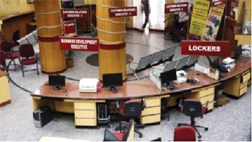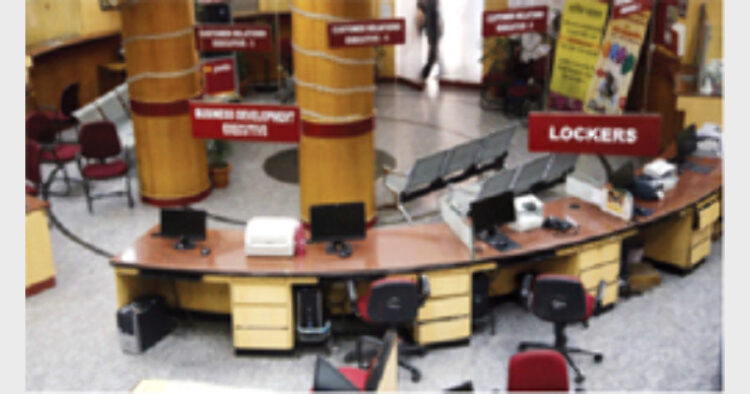 The PNB scam shows glaringly how all checks and balances were unscruplously compromised
The PNB scam shows glaringly how all checks and balances were unscruplously compromised
Shshank Saurav
Indian banking sector has been jolted after the PNB fraud surfaced. Top bank officials of every bank are busy reconciling the claims.
The modus-operandi of the PNB scam is more than clear now. The financial sector is more prone to frauds because of its inherent nature and therefore systems and processes are expected to be more robust. It is clear from the investigation that SWIFT (which is used for exchanging information about financial transactions worldwide) was not linked with core banking system (CBS) of the bank and therefore inappropriate and unauthorized use by the bank officials went unnoticed.
That the PNB received the vigilance award for the period during which this scam took place has made the entire vigilance mechanism laughing stock after this fraud. Automation and integration are the basic requirements in this age and if there were no automated controls at the back end, no manual process was employed to reconcile the exposure arising out of transactions which are not routed through CBS. The second issue is with governance and oversight over banking affairs in India. The RBI is entrusted with the authority to issue orders and advisory to banks and it has all the necessary powers to take appropriate action in case of any wrongdoing. Though the responsibility of preventing a fraud lies with the bank management, the RBI has been advising them from time to time about the major fraud-prone areas and the safeguards necessary for prevention of frauds. In this case, the onus to ensure the existence of mitigating controls was with the bank but the RBI also failed to sensitise the bank regarding adherence to basic information system controls in their CBS.
The third issue is political interference in granting loans. It is no secret that political connections are used by industrialists to get undue benefits at the cost of public exchequer. Mounting NPAs of banks is not because of any adverse economic condition which has devastated borrowers but these are largely due to lack of proper vigilance while giving an advance. The board of a bank has also very little to do in cases where they receive directives from the ministry and this becomes a case of syndicated loot. In this recent case of PNB, independent director Dinesh Dubey was asked to resign in 2013 when he raised objection over giving further advance to Nirav Modi’s company.
Our banking industry is heavily stressed and it is facing the credibility crisis. Be it demonetisation or rising NPAs, the role of leading banks is questionable and this sector is facing public scrutiny as well. The NDA government introduced Bankruptcy Code to realise the assets of defaulters but promoters have found alternate ways to retain the control even after the company goes into liquidation.
There is no doubt that all the cases of NPA and frauds are linked to the UPA time period but the NDA government is also to be questioned for being in inactive mode even after almost four years. Vijay Mallya, Nirav Modi, Vikram Kothari or any such high-profile white collar crimes date back to the UPA days but here the Modi government must take charge and justify his role as chawkidar of this country.
(The writer is a Chartered Accountant and Anti-Money Laundering Specialist)













Comments